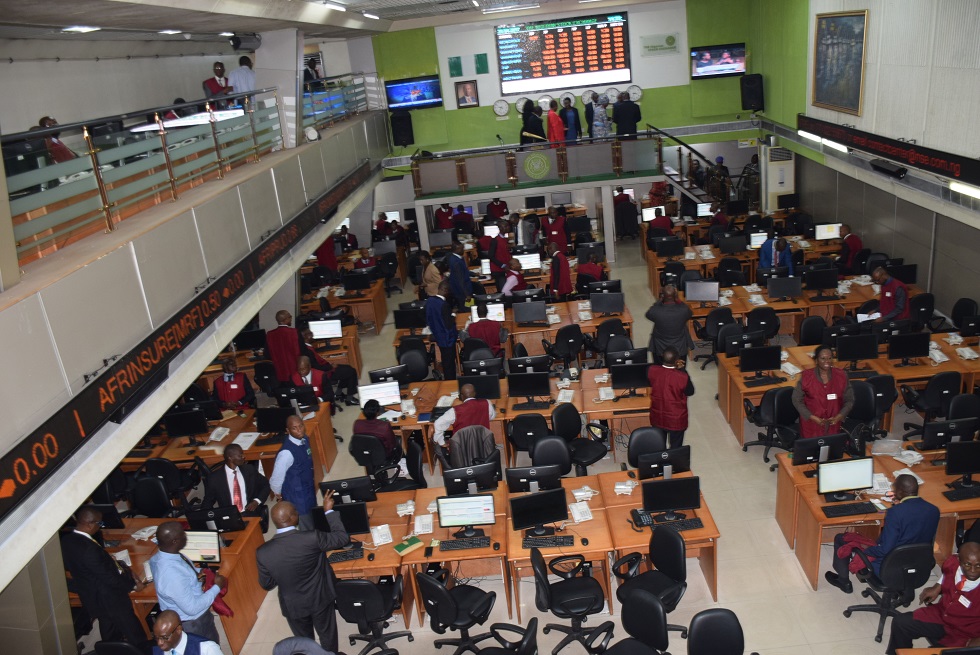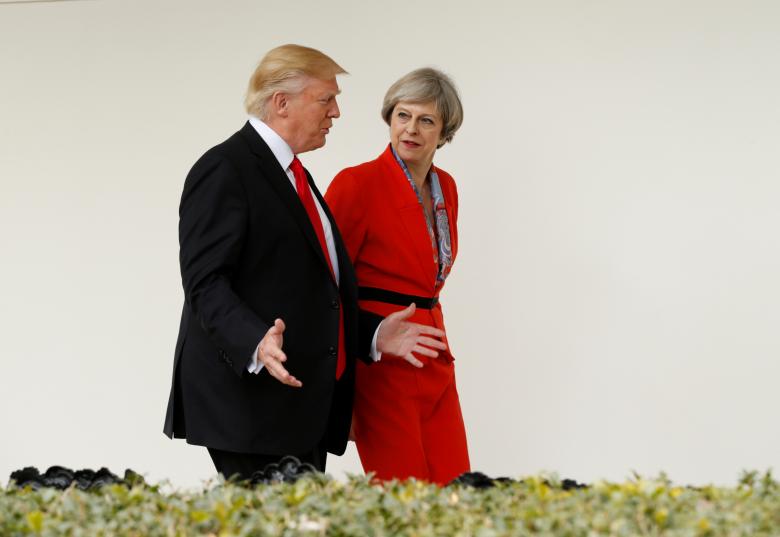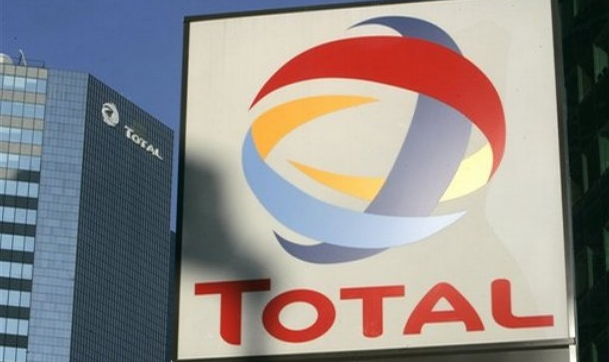Brent crude prices jump by over $2 on Tuesday following Nigeria’s agreement with the Organsation of Petroleum Exporting Countries (OPEC) to cap output at 1.8 million barrels per day.
Brent, the international benchmark for crude oil was trading at $50.71 late Tuesday, after gaining about $2.11 — the biggest daily leap in 2017.
West Texas Intermediate (WTI) also gained nearly five percent (4.77%) to trade at $48.55 a barrel.
This is coming after Nigeria agreed to keep its oil output at a stable 1.8 million barrels per day, and South Africa agreed to some cuts to deal with global oversupply of crude.
Advertisement
According to Lukman Otunuga, a research analyst at FXTM, “the oil markets are attempting to extend their gains during early trading on Tuesday after OPEC and Non-OPEC members displayed optimism over the current production cut deal and seemed confident that the path they were treading would eventually rebalance the markets”.
“Gains were also supported by Saudi Arabia pledging to make deeper cuts to its crude exports in August, and Nigeria agreeing to cap production output at 1.8 million barrels a day.
“While OPEC’s optimism and public pledge of commitment towards tackling the ongoing oversupply of Oil in the market may continue to support its valuation in the short term, investors should keep in mind that no deeper cuts were made at this point in time.
Advertisement
“While this was not expected to be the outcome to the meeting in Saint Petersburg, the unexpected outcome would have likely encouraged the material bounce higher in price that Oil producers are looking to eventually achieve.”
He went on to say that the OPEC meeting in Russia was simply a renewal of commitment by OPEC and non-OPEC members to respect their current production cut deal.
“All in all, oversupply will continue to dominate price action in the Oil markets for the foreseeable future and the markets will likely remain anxious over higher production volumes from other producers.
“The recent threat that an OPEC member such as Ecuador could have been considering leaving the production cut deal does also indicate the element of stress that the production cut agreement is putting on those taking part.”
Advertisement
Add a comment







